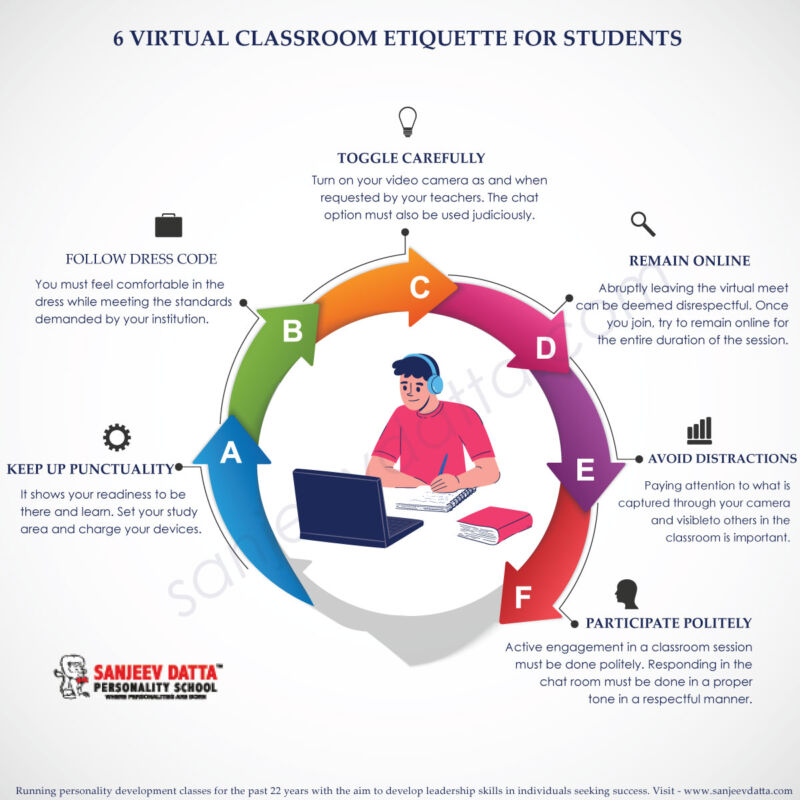Do you remember the first time someone asked you, What do you want to be when you grow up? For many high school students in India, that question isn’t just casual conversation—it’s the beginning of lifelong decision-making. Career planning for high school students isn’t about rushing decisions; it’s about exploring opportunities, discovering passions, and building the right skills early.
As parents and teenagers alike face the challenges of board exams, competitive entrance tests, and peer pressure, one thing is clear: starting early gives students a head start in not just choosing the right career but also excelling in it.
So, let’s dive into how students can plan wisely and how parents can support them every step of the way.
Why Career Planning in High School Matters?
High school is the foundation for everything that follows—college admissions, skill development, and eventually, professional growth. Without proper planning, students may:
– Feel stressed and confused about career paths.
– End up choosing fields they don’t enjoy.
– Miss out on developing skills that top employers value.
On the other hand, students who start career planning early often:
– Explore multiple options and make informed choices.
– Gain confidence in their strengths.
– Develop life skills that go beyond textbooks.
Think of career planning as a GPS for life—it won’t tell you exactly what lies ahead, but it will help you find the best route.

Step 1: Understanding Yourself
Before choosing a career, students need to ask themselves:
– What subjects excite me the most?
– Do I enjoy working with numbers, people, technology, or creative ideas?
– What kind of environment do I thrive in—structured, flexible, indoors, outdoors?
This kind of self-awareness is a game-changer. Tools like aptitude tests, career counseling, and even observation of daily habits can help.
Pro Tip: Parents can encourage open conversations instead of forcing “traditional” career paths like engineering or medicine. The world today offers many exciting options—sports, digital marketing, animation, design, entrepreneurship, and more.
Step 2: Exploring Career Options
High school is the perfect stage to explore. Here’s how students can do that:
- Job Shadowing – Spending a day or two observing a professional at work.
- Internships/Part-time Projects – Even short stints teach valuable lessons.
- Reading & Research – Following professionals on LinkedIn or watching TED Talks about varied career paths.
- Talking to Mentors – Teachers, parents, alumni, or professionals in the family.
For instance, a student passionate about biology might shadow a doctor but later realize that research or biotechnology excites them more.
Step 3: Building Skills Beyond Academics
Grades matter, but they aren’t everything. Employers and universities look for well-rounded students who have strong communication, leadership, and problem-solving skills. That’s where personality development classes can play a huge role.
Benefits of Personality Development Classes for High School Students:
– Enhance confidence and public speaking skills.
– Improve teamwork and leadership abilities.
– Build emotional intelligence and self-discipline.
– Teach time management and stress-handling techniques.

Step 4: Involving Parents Without Pressure
In India, career choices are often influenced by family expectations. While parental guidance is important, pressure can backfire. Here’s how parents can make a real difference without overwhelming their child:
– Listen first, guide later. Allow the student to express interests freely.
– Encourage exploration. Suggest short courses, workshops, or exposure programs.
– Be open-minded. Careers in photography, gaming, or YouTube can be as rewarding as traditional professions.
– Focus on skill-building. Support enrolling in personality development classes, which foster confidence from an early age.
Step 5: Setting Realistic Goals
Dreaming of becoming a pilot or an IAS officer is great, but goals need structure. Students can break them down into:
- Short-term Goals: Scoring well in board exams, improving communication, or mastering basic coding.
- Mid-term Goals: Gaining admission into a top university, building an online portfolio, or clearing relevant entrance exams.
- Long-term Goals: Establishing a career in a chosen field, starting a business, or pursuing higher studies abroad.
Writing goals down and revisiting them every 6–12 months helps in staying motivated and on track.
You may be interested in cool careers for kids
Step 6: Leveraging Opportunities in India
India is growing fast, and so are career opportunities. Some areas showing promising growth:
- Technology Careers: Artificial intelligence, data science, cybersecurity.
- Creative Fields: Animation, design, film, content creation.
- Healthcare: Genetic research, physiotherapy, nutrition science.
- Business & Entrepreneurship: Startups, e-commerce, digital marketing.
The earlier students identify their interest areas, the faster they can grab internships, attend workshops, and build networks.
Real-Life Example: Aman’s Journey
Aman, a Class 10 student from Delhi, loved gaming. His parents initially worried about his “screen time,” but after career counseling, he learned about game design. Parents, consider introducing personality development for kids programs that nurture creativity and confidence before career choices even arise. Today, Aman dreams of studying game development abroad. His story shows how early planning leads to clarity and confidence.

Quick Tips for Students
- Take at least one personality or aptitude test.
- Explore internships during summer breaks.
- Read biographies of people in your dream profession.
- Maintain a journal of interests and achievements.
- Surround yourself with mentors and positive influences.
FAQ: Career Planning for High School Students
1. When should high school students start career planning?
Ideally, planning should begin in Class 9 or 10. This allows students to explore options before choosing subject streams in Class 11.
2. Can personality development classes help in career success?
Absolutely. These classes enhance communication, leadership, and confidence—all essential skills that complement academic knowledge.
3. How can parents avoid pressuring their children about careers?
By listening, encouraging exploration, being open to new-age careers, and supporting skill development instead of imposing choices.
4. What are some in-demand careers in India for the future?
AI, robotics, renewable energy, digital marketing, healthcare, and creative industries are all expected to boom.
5. What should I do if I’m still confused about my career?
Seek career counseling, explore multiple options through internships or online courses, and remember—it’s okay to not have all the answers in high school.
Understanding signs your child needs personality development guidance will help
Conclusion
Career planning for high school students isn’t about picking the “perfect” job today—it’s about building awareness, confidence, and flexibility for tomorrow. By starting early, exploring options, and focusing on skill development, students can carve a path that feels authentic and rewarding.
Start early, explore widely, and never underestimate the power of skills beyond academics—because a well-planned career journey in high school leads to faster, more fulfilling success.


